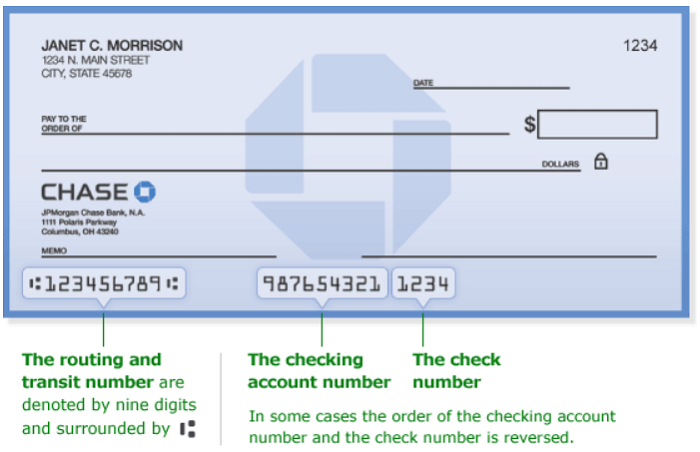Join The Turlington-Rix Scholarship Fund
The purpose of Fed. R, Civ. P. 9(b) is two-fold: first, "[r]ule 9(b) serves to give defendants adequate notice to allow them to defend against the charge"; second, rule 9(b) "deter[s] the filing of complaints 'as a pretext for the discovery of unknown wrongs' . . . [by] 'prohibit[ing] plaintiffs from unilaterally imposing upon the court, the parties and society enormous social and economic costs absent some factual basis.'" Within the re Stac Elec. Sec. Litia., 89 F.3d 1399, 1405 (9th Cir. 1996) (quoting Semeaen v. Weidner, 780 F.2d 727, 731 (9th Cir. 1985)). As such, these heightened pleading requirements exist to "eliminate fraud actions in which all the facts are learned through discovery after the complaint is filed." You.S. ex lover rel. Elms v. Accenture LLP, 341 Fed.Appx. 869, 873 (4th Cir. 2009) (internal quotations and citation omitted); see also In re Stac Elec., 89 F.3d at 1405.
Here, plaintiff commenced which suit when you look at the . Since that time, she has recorded about three grievances and it has had one or more season to take part in knowledge. Regardless of, because of the liberal pleading criteria detailed inside Given. R. Civ. P. americash loans North Granby 15, so it Court gives plaintiff leave so you're able to replead their unique con allege. Yet not, with regard to going forward so it litigation, and to prevent plaintiff from using their scam claim due to the fact a great pretext having uncovering unfamiliar wrongs through the finding techniques, plaintiff need certainly to file their unique swindle claim in this twenty days of the newest day of viewpoint.

. . multipl[ied] by the couple of years plaintiff has been in default." Defs.' Memo, in the Supp. off Mot. Dism. seven. Plaintiff cannot disagreement the total amount due or perhaps the proven fact that she is when you look at the default.
Moreover, since almost all of plaintiff's claims are premised, in part, on defendants' fraudulent acts, the Court again suggests that plaintiff include these allegations as part of her fraud claim and plead them in accordance with the heightened standards set forth in Fed. R. Civ. P. 9(b). Get a hold of Opinion at 15-16.
Plaintiff next seeks a declaratory judgment defining the rights of the parties; plaintiff's third claim is substantively similar to her fifth claim in her first amended complaint, except that she added paragraphs regarding the allegedly fraudulent actions of Ms. Balandran and pl. 37- 46, with SAC 22-35.
Plaintiff also seeks a declaration that defendants' actions are void because they "sought to foreclose plaintiff's interest . . . without written authority from the minimum proportion of voting rights represented by such Investors for the certificate holders of the CWALT Trust." SAC 27-29. In addition, plaintiff contends that, because "defendants cannot show that any of them own the underlying note," and "cannot trace the assignments of the note," they are not entitled to foreclose. Id. at 30, 32. Finally, plaintiff seeks a declaration that defendants' actions were invalid because they "have self-proclaimed their interest and ownership without any legally verified documentary evidence [of] ownership or authority to execute the foreclosure of plaintiff's residence." Id. at 34,
Despite their unique judge results to the contrary, plaintiff provides did not offer that it Court which have any factual accusations or loan words appearing you to definitely defendants were prohibited out of selling or tranching the new Notice. Actually, plaintiff's Deed regarding Faith clearly states one "[t]the guy Mention or limited interest in the fresh Note (in addition to that it Protection Device) will be marketed one or more times in the place of early in the day notice in order to Borrower." McCarthy Decl. Ex lover. 1 ("Deed of Believe") at 9. Ergo, just like the plaintiff expressly provided to allow defendants to sell brand new Notice, she don't today state a declare centered on Countrywide's transfer out of the beneficial interest in order to CWALT.





